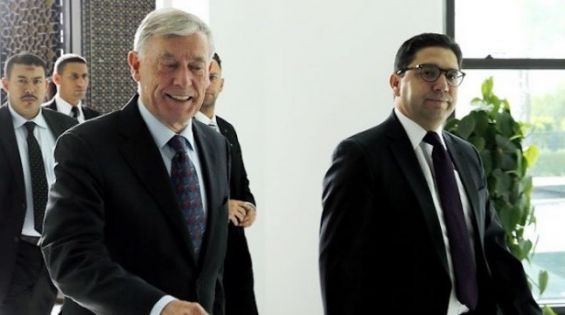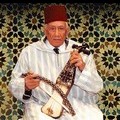Morocco refuses to have direct talks with the Polisario's representatives. But regardless of the Kingdom's strict position, the personal envoy of the UN Secretary-General for Western Saharan Horst Köhler is planning to invite, in the upcoming weeks, the parties involved in the conflict to prepare for a new round of negotiations before the end of the year.
Rabat can not ignore that in the resolution 2414, adopted on April 29, the UN Security Council emphasized «the importance of a renewed commitment by the parties to advancing the political process in preparation for a fifth round of negotiations», referring to the Manhasset negotiations held in 2012 in the United States.
Indeed, after launching a series of informal meetings which failed to bring the two conflicted parties together, and which were initiated by Christopher Ross in 2009, it is time to adopt a new method.
A valid strategy
To sit for direct negotiations with a Front's delegation is a bad decision to make for Morocco. And for a good reason, the Kingdom's strategy with the European Union and the United Nations challenges the legitimacy of the Polisario which claims being the representative of Sahrawis.
A political line Morocco adopted with Brussels to overcome the obstacles set by the two verdicts issued by the Court of Justice of the European Union (CJEU) on the fisheries and the Association agreements.
Morocco followed in the same footsteps when dealing with the United Nations. In March the 6th and during a meeting with Köhler in Lisbon (Portugal), the Moroccan delegation relied on the presidents of the Laayoune Sakia Al-Hamra and Dakhla-Oued Eddahab regions, namely Sidi Hamdi Ould and Ynja Khattat. The latter was part of the Polisario in the past.
In May and June last year, the Moroccan diplomacy made two breakthroughs at the sessions of the UN Committee under the Fourth UN Commission on Political Affairs and Decolonization, guaranteeing the participation of two elected Sahrawi representatives.





 chargement...
chargement...













